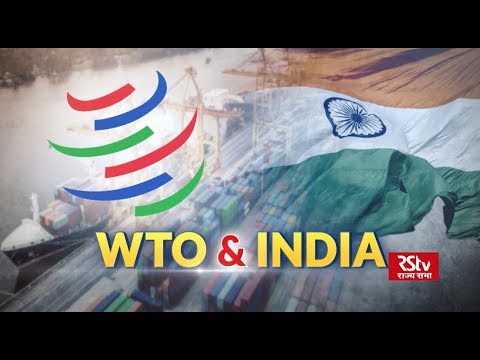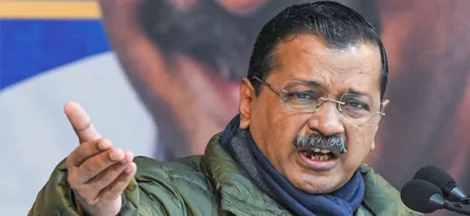Trade tensions between India and the United States have intensified following Washington’s dismissal of New Delhi’s formal notice at the World Trade Organization , which sought retaliatory measures against steep US import tariffs on steel and aluminium. The US maintains that its tariffs are national security measures under Section 232 of the Trade Expansion Act and not safeguard measures, thereby falling outside the purview of WTO dispute resolution mechanisms.
India’s notice, submitted to the WTO on May 9, indicated its intention to suspend concessions and impose higher duties on select US imports, including almonds, walnuts, and certain metal products, if the US did not roll back its tariffs by June 8. The US responded on May 22, asserting that India’s proposed retaliation lacks a legal basis under WTO rules, as the tariffs in question are not safeguard measures. Consequently, the US has declined to engage in consultations with India on this matter.
The situation escalated further when the US administration announced on May 30 that it would double the existing tariffs on steel and aluminium imports to 50%, effective June 4. This move has significant implications for Indian exporters, with approximately $4.56 billion worth of Indian steel and aluminium exports to the US now subject to higher duties. Industry experts warn that this could severely impact Indian exporters, particularly those dealing in value-added and finished steel products.
India’s proposed retaliatory measures are grounded in WTO provisions that allow a member country to suspend concessions if another member’s safeguard measures adversely affect its trade. However, the US contends that its tariffs are not safeguard measures but are instead imposed for national security reasons, thus exempting them from WTO-sanctioned retaliation.
The dispute comes at a critical juncture, as both countries are engaged in negotiations for a Bilateral Trade Agreement . A US trade delegation is expected to visit India this week to continue discussions. While India’s commerce ministry has not officially commented on the matter, sources indicate that India may proceed with its retaliatory measures unless the US agrees to preferential treatment for Indian metals under the proposed BTA.
Trade analysts caution that India’s retaliatory actions could complicate ongoing trade negotiations and strain bilateral relations. The Global Trade Research Initiative notes that India’s proposed duties aim to counteract US measures affecting $7.6 billion in Indian exports, potentially leading to an estimated $1.91 billion in additional duties collected by the US.
The WTO’s role in resolving this dispute remains uncertain, given the US’s stance that its tariffs are national security measures and not subject to WTO dispute mechanisms. This position challenges the WTO’s authority and complicates the enforcement of its rules.




